Below is Hieromonk Gabriel’s response to the letter I sent to Hermitage of the Holy Cross Monastery. In his heartfelt and forthright message, we are given some explanation and clarification regarding his “Of Wrath and Righteousness” essays. Much of this is positive news, especially that Brother Gabriel is indeed for Confederate monuments staying up unmolested in the public square. He even assured me in a subsequent email that he loves the South deeply, as do all the fathers at the monastery.
But all this does lead me to a few remaining questions: why is it like pulling teeth to get Christians of goodwill to speak up for the Southland and her symbols? And why is it the default position that the South (both at present and heritage-wise) be the whipping boy no matter the issue? I know the former is a hard sell these days, but the latter really is a pretty easy path for intellectually honest Christians to take. There’s no need to wade through tired tropes in order to get at the heart of the matter. Just stop working under the progressive paradigm.
Lastly, if you’re a Christian who wants to evangelize to BLM-Antifa, why don’t you simply do that? Go to them. Be in the presence of the demonic and preach the Good News to them. Explain that they’re surrounded by dark forces and that Christ is the light. Tell them they’re being led to the slaughter by godless forces, but Jesus is the Lamb, and that they need not seek a new religion built upon sin, but should rather embrace the ancient, life-giving, unchanging faith of Orthodox Christianity. None of these positions has to be mutually exclusive.
Lastly, I told Fr. Gabriel that forgiveness isn’t necessary. I am thankful for his reply and his consideration of my perspectives, while he certainly made me think about a few nuanced positions. And my hope is that your comments to our discussion will be “food for thought” for us both – always a good thing.
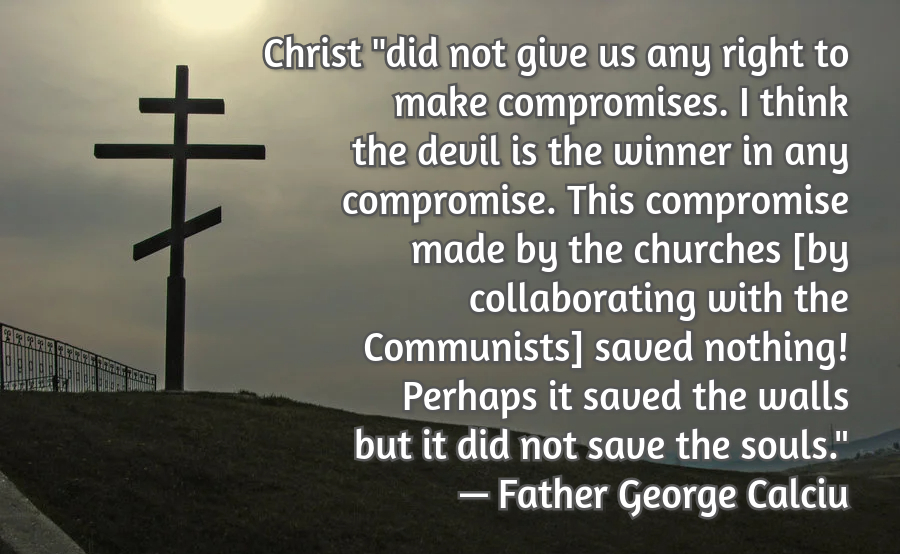
Dear Rebecca,
First and foremost, I sincerely and honestly beg your forgiveness for the offence I caused you through my article. I tried to write the article with some degree of gentleness and neutrality in order to reach as many people as possible with its main message, to wit: regardless of our political beliefs and persuasions, our Christian faith teaches us that “the wrath of man worketh not the righteousness of God,” and that the only way to help our country lies not in rage toward the wrongs of others, but in our own personal repentance, forgiveness, prayer, and love.
However, after I received several responses it became clear that my poor choice of words led some people to believe that I was advocating the removal of Confederate monuments. This was not at all the case, and I tried to clarify my language in that regard (as you noticed). What I was advocating was a willingness to hear what others have to say, to consider their points of view; this is what I meant by
“consider removing them.” As I said, I later realized based on the responses of others that this phrasing sounded like I was saying we should remove them (though even the first version of the article included my statement that I was not taking a position one way or the other), and so I changed it to read “enter into a discussion” regarding them.
Considering one another’s point of view is certainly a street that should run both ways: as I wrote even in the earliest version of the article, “there are points on both sides to be considered.” I mentioned that many (if not all) of the protestors against monuments have been taught that the Confederacy was simply about the preservation of slavery. I believe this idea is false, yet the fact that many people believe it is an undeniable fact, and I know of no way to remedy the situation that does not involve discussion, and to simply ignore the grief and anger that these people feel is likely to merely further radicalize them. Therefore I originally wrote that we should consider their desire to remove them – again, not meaning that we should automatically give in to this desire.
On the other hand, many of the Confederate leaders were beyond doubt men of great faith and virtue, and there exist many important and compelling reasons to honor them of which (as you wrote) so many people are totally ignorant. And truly, I myself do honor a great many of these men, and realize that regardless of whatever sins they may have committed, nevertheless I myself will almost certainly never equal them in their virtues. I also believe that a great many of those who fought for the Confederacy did so to defend their homes, not to perpetuate slavery.
But again, I know of no way to remedy the situation in which we find ourselves that does not involve a discussion. Perhaps my hope that such discussion might at least in some cases bear good fruit is naïve. Yet I feel that we ought to try, to give one another every chance to give an account for what we each believe, rather than simply assuming the worst about each other and walking away.
All that aside, I did call the destruction of monuments by mobs “deeply disturbing,” and myself referred to the monuments as “the honored dead.” I went on to warn of the dangers of lawlessness, citing examples of the “cancel culture” which you also in your letter provided many further examples of – and which are without doubt of the most grave concern. I wrote about all these things as “the dark side” of the movements reacting to Floyd’s death.
I deliberately avoided mentioning the organizations BLM/Antifa not because I have some hidden sympathy for them (I assure you fervently that I do not), but because especially at the time of the article there were many people (including some Orthodox people) who, while not involved in those radical organizations, wanted to work toward making America a better nation, and were therefore considering participating in protests or even condoning riots. And again, in my article I was trying to point them towards Christ, towards acquiring the Spirit of Peace, towards personal repentance and a disposition of forgiveness and love, and thereby to point them away from riots and radical ideologies.
BLM especially at that time was problematic to speak about directly since many people supported the statement “black lives matter” but had no idea of the radical ideologies being put forward by the organization Black Lives Matter. Again, I was not trying to somehow hiddenly support them, but to focus not on anyone’s opinion about an organization or even a set of political beliefs, but rather on Christ and on His own response to injustice – meek and humble forgiveness, love, and prayer.
To address further some of your specific points: I did not at any time postulate “systemic racism.” Nor did I at any time claim that only “certain people” must repent of national sins – I believe that we must all repent for our failures to love one another as Christ loves, and there is not a single American who is exempt from such repentance. No part or people in this country is without something to repent of, nor is there any part or people in this country who have not been wronged. It is not that I am “willing to see a good and a bad side in BLM-Antifa” – I reject both of these organizations as profoundly anti-Christian in their states aims, beliefs, etc.
However, I do see a good and a bad side in the reaction the nation as a whole had to Floyd’s death – the desire to make our country a place where all are treated fairly is good, the decision to somehow try to accomplish this with violence and lawlessness is both bad and hopeless. And I certainly am not unwilling to see good in the South. I never meant at all, in any way whatsoever, to demean the South, Southern culture, or Southern people. I sincerely and with my whole heart ask forgiveness for having caused you to believe that I did.
Nor am I by any means unconcerned with the progress of the Revolution in the world as a whole and in our country in particular – I have written extensively about this in many of the articles on my blog, which I think make abundantly clear that I am not trying to secretly further the aims of revolutionaries. I did not choose at that moment this summer to focus on an intellectual analysis of the dangerous trends of modernity or how they came into play in the Floyd protests and riots, since I judged (perhaps wrongly) that the particularly fractious and divisive forces rearing their heads in our country were better countered by a call for all of us to love one another unconditionally and to forgive whatever wrongs have been done.
Though I am extremely concerned over the direction we are heading as a society, yet I am also very concerned we are no longer giving each other the benefit of the doubt, that we are reflexively lumping all sorts of people together and assuming that all of them share the most vile beliefs and intentions of our most radical opponents. If I had taken that moment to condemn everyone involved with the protests over Floyd’s death, no doubt I would have been condemning some true and dangerous enemies of the Church and of our country.
Yet I believe I also would have been condemning many Americans of good will, some perhaps confused, many no doubt misinformed … but nevertheless of good will, who would have then seen the Church as an opponent of their desire to love their neighbor in the best way they knew how. So I tried to be gentle, to give people the benefit of the doubt, and again and most importantly to point to Christ and not political movements as the only solution to sin and unrighteousness.
Yes, we must be aware of what is going on. Yet we must also be aware that each and every soul is someone for whom Christ died, and for whom we ought to be willing to go to any length to save and to bring to Christ. Like you yourself, as a youth I was once seduced by some of these poisonous ideologies. Yet the Church did not reject me, but reached out with gentleness and forgiveness and began to heal me of my many sins and follies. I was trying to do the same in my article, for those who were willing to listen.
Yet I know that all too many of my own sins and follies still remain. I know I have made and continue to make many mistakes. Perhaps my article was written in a way that was wrong and foolish, but I can assure you it was not written with malevolence toward anyone, including the Confederacy and the South.
For all my sins and errors which have affected you in any way, whether through my article or otherwise, I sincerely and with my whole heart beg your forgiveness. If you have any suggestions on how I might correct myself, I would be most grateful to hear them.
In Christ,
Fr. Gabriel
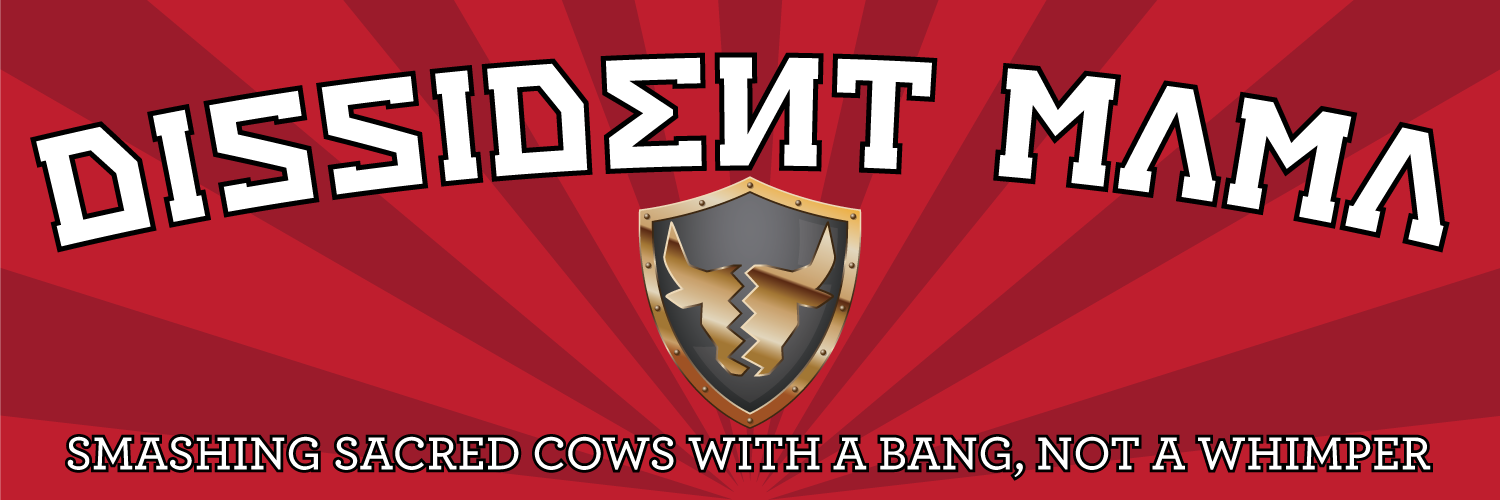
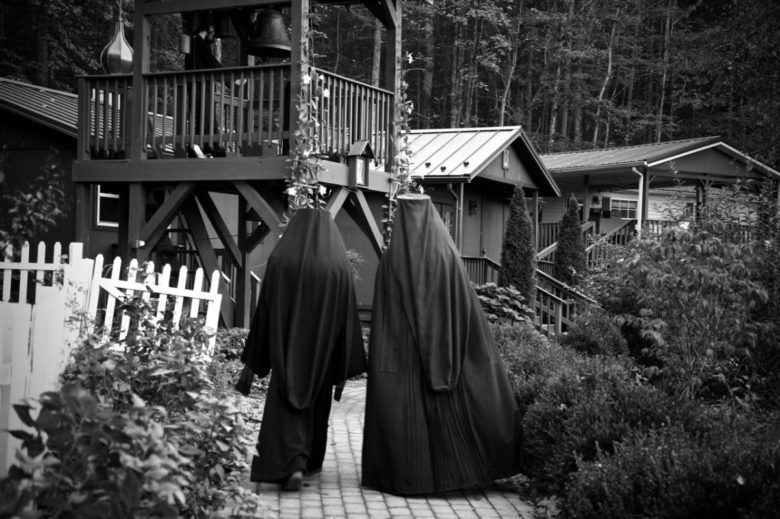

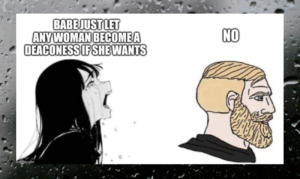
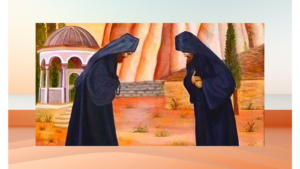

Comments
Our discussions with BLM and antifa are futile and useless. Their civil disorders are tolerated by mayors and governors only for political gain. Some significant portion of our society holds blacks to be moral mascots. I do not. I reject condemnatons of the institution of slavery in the antebellum South. No other slave-practicing society of the ancient, the Medieval, the Eastern, the Muslim, or the Modern world is so calumniated. If slavery was acceptable in ancient Israel, ancient Greece, ancient Rome, the Muslim empires, African societies, North American Indian societies, ( never mind the coerced labor used by almost all other societies,) then, we have no justification for singling out the southern Americans for their brief two-hundred year episode. All of that said, secession remains our most sincere and pragrmatic solution to our political and racial problems. We multifarious Christians can be ethnocentrically Christian in our respective societies; what the heathens, cynics, Darwinists, et. al., do should be done away from us.
I agree 100% … and man do I love the word “calumniated!” Yes, you are preaching to the choir regarding secession. I wrote a blog post about it in the spring, but I must say, I feel even more disillusioned with Americans now than I did back then.
http://www.dissidentmama.net/were-all-secessionists-now/
I do think than when a breakup comes, it will be bloody and violent on a level we can’t even imagine because it will probably only be brought on by utter collapse, not the peaceful separation we Southern secessionists and our liberty-minded friends have been seeking for so long. I also think it won’t be so clear cut the way it was in 1860 and 1861. I mean, most of the cities in the former Confederate state in which I live are cesspools of degeneracy and nihilism. We North Carolinians can barely tolerate one another. Hell, my county is filled to the brim with do-gooder Yankees and quislings. It’s madness! So yes, secession is the rightful remedy, but it’s going to be messy and long, and something that I bet only my children’s children or maybe even their grandchildren will see through to a peaceful end. This thing called Murica is certainly a mess. Whatever the future holds, let us pray mightily.
Thanks so much for you comments. Hope to hear from you again soon!
Hello, Rebecca.
I’m probably not in the right state of mind or spirit at this very moment to be commenting to this post, so I’ll be brief.
First, let me say that some of your best work I’ve personally read is contained in the preceding entry – what I’m going to call your “takedown” of Fr. Gabriel in rebuttal to his letter. It deserve wider dissemination in my view.
Secondly, with all due respect to Fr. Gabriel, I’m just going to come out and say that there are two words in his reply I wholly agree with – wrongly and naively.
The idea that we can “unconditionally” love these people out of hating us and everything we stand for is just ludicrous. When, I ask, was that tack ever reciprocated from the other side?
Moreover, I wouldn’t want to put too much emphasis on the characteristics of “that other Jesus” we read about in the scriptures – you know, the one who said mean and hurtful things to bad people, and who even took the time in once case to fashion himself a whip from reeds which he used to drive the money changers out of the Temple wherein they were “turning my Father’s House into a den of thieves.” I wouldn’t want to put too much emphasis on “that Jesus,” but I wouldn’t want to put too little emphasis on him either, which is of course the default these days.
To everything there is a season, Father. Even a time for hate; I don’t mean hating the persons themselves of course, I mean hating what they do and boldly pronouncing it. If there are any sincere Christians out there who mistakenly let their emotions get the best of them and get mixed up in that rabble, they’ll figure it out soon enough and come out of her in due course, with or without your “unconditional love.”
I’m glad you appreciated my intro to Father Gabriel’s letter. I worked hard on being honest but without being too bitchy. Bold but loving, as I like to say. Please do share far and wide, as I agree that that sentiment really does strike at the core of what frustrates so many of us who are both Christian AND Southern without apology.
I concur that the passive-only Jesus seems to be a concoction of Western Christians. I refer to this modern interpretation as Ameridoxy because the monomaniacal view of Christ ignores so much of the Gospel story and all that precedes it. Jesus can be both love and judgment. God can be both healer and punisher. And Jesus can be both man and God. Alpha and Omega. Just as we can in good Christian faith exhibit forgiveness and righteous anger, and defend good while condemning and even fighting against and hating (gasp!) evil.
Like most things, there is a balance to be struck, depending upon the situation, but neither is mutually exclusive of the other. Not only do Church history and the stories of the saints bear this out, but so does the Bible from very beginning to very end.
Hi Rebecca. Thanks for posting your correspondence with Fr. Gabriel. I had been a regular reader of his sermons and articles but was deeply disillusioned by “Of Wrath and Righteousness” and decided I could no longer trust his judgment or continue to donate to the monastery. At a time when it felt all hell was breaking loose, I lost a major source of spiritual consolation. Having read your response to him makes me feel a little less alone. Thanks for your thoughtful articulation of matters that are difficult or impossible for many of us to put into words.
Jim, I’m saddened but not shocked to hear about your disillusionment with Fr. Gabriel and the lacking spiritual consolation you’ve received from Holy Cross. Indeed, it can feel very solitary these days and is especially heartbreaking when leadership and godly men who have a platform choose to spill ink for all the wrong reasons.
But I feel utterly blessed to know that I in my own little way have let you know that you most certainly have compatriots and brethren out there – a remnant who have a clue that the existential war is on and that any capitulation is suicide (both spiritual and physical). You are not alone, good sir.
Thank you for commenting, and I look forward to hearing from you again soon. I will leave you with this powerful icon of St. Gabriel the Georgian, Confessor and Fool for Christ. He was a man who understood that the flock needs feeding, no matter the consequences.
https://uploads.disquscdn.com/images/3a1b3664c3cabac15935cc115635651b7bde5538969d3fc12e5c99df6ea0dd4d.jpg